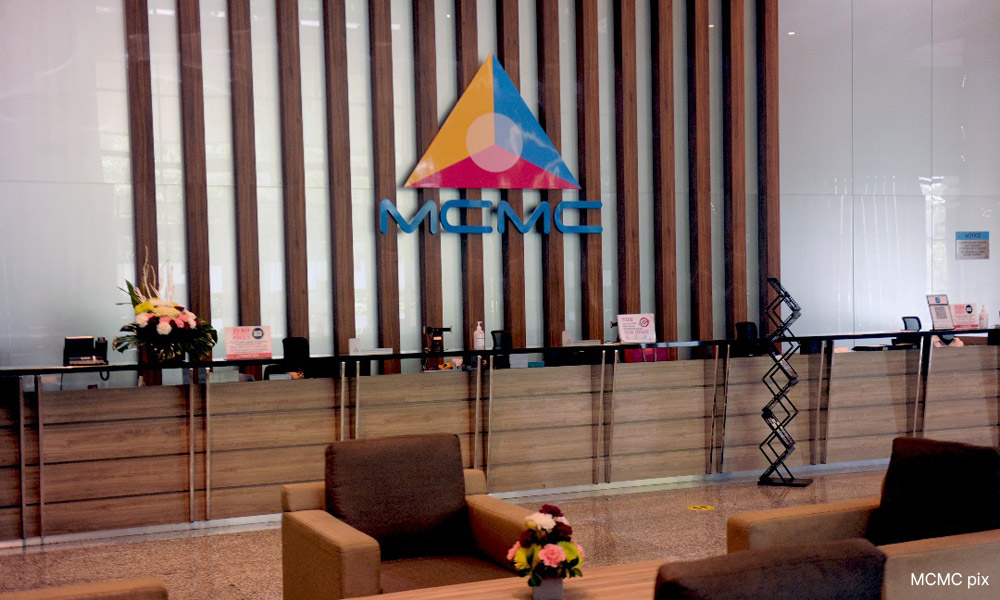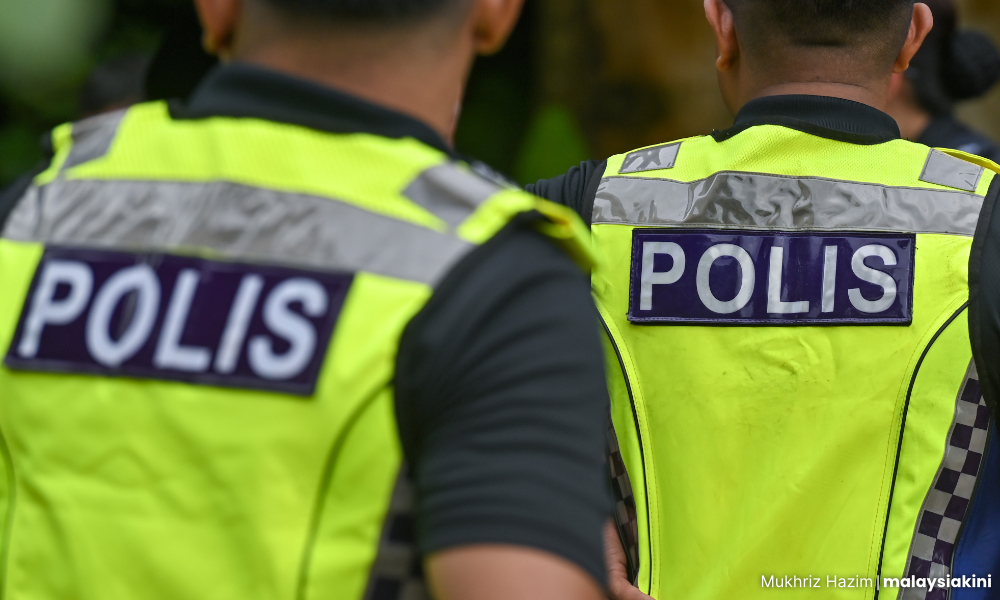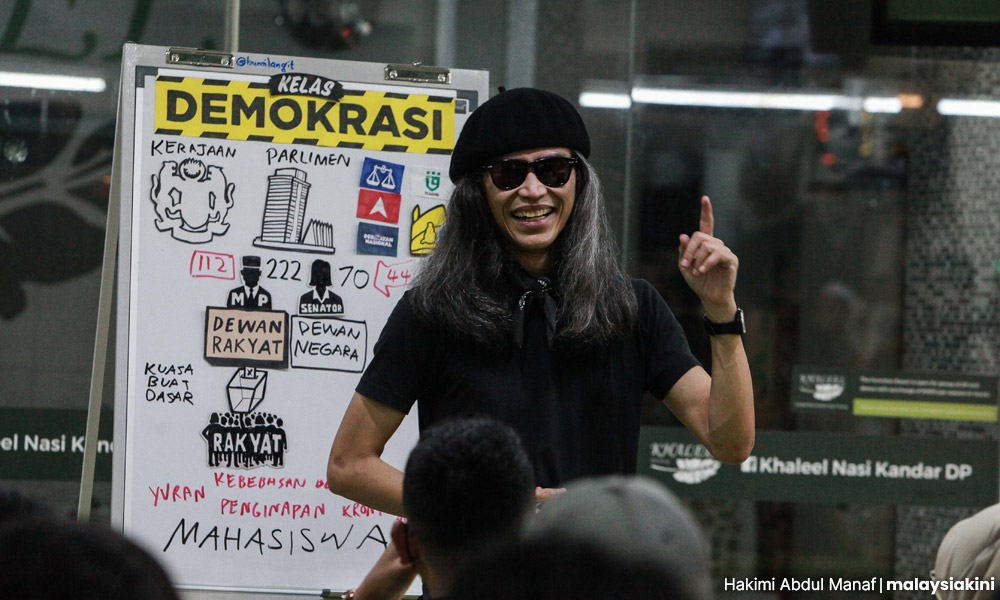COMMENT | The Malaysian Communications and Multimedia Commission (MCMC) released the draft of the “Code of Conduct (Best Practice) for Internet Messaging Service Providers and Social Media Service Providers” on Oct 22, inviting feedback from various stakeholders.
The draft, consisting of 12 pages, serves as a guideline for service providers holding a Class Licence under the Communications and Multimedia Act 1998 (CMA) on best practices for handling harmful content.
The term “harmful content” in the Code of Conduct refers to content that violates the CMA and/or any other relevant Malaysian laws which include, among others (Clause 3.2):
Child sexual abuse material.
Non-consensual sharing of intimate content.
Content related to online financial scams such as phishing, romance scams, investment scams, and other deceptive schemes.
Content that is used to bully.
Content that can incite violence, extremism, and/or terrorism.
Content that is likely to induce a child to cause physical and/or psychological harm to themselves.
Content that incites hate speech.
Content related to the sale of illegal drugs.
Manipulated media, such as deepfakes and/or doctored images that can cause harm to individuals or society.
Service providers are obligated to establish clear and robust systems, mechanisms, and procedures for timely identification, assessment, and removal of harmful content (Clause 4.2.1), and ensure that a dedicated local content moderation team is always in place, equipped with training and support tailored for quick response in both standard and crisis situations (Clause 4.2.3).

They must also take appropriate action against users who create or distribute harmful content, including restricting, suspending, or terminating user accounts (Clause 4.2.5).
Additionally, they are required to respond promptly and effectively to requests from law enforcement authorities for the removal of harmful content, including adherence to the time prescribed (Clause 4.2.6), as well as submit half-yearly online safety reports to MCMC to demonstrate their commitment to creating a safer online environment for all users in Malaysia (Clause 7.1).
Laws don’t operate in vacuum
It is unlikely that many will oppose the government’s move to implement this Code of Conduct since regulating social media in the name of protecting children from sexual abuse material, preventing terrorism, hate speech, and sales of illegal drug sales is a politically correct justification.
However, laws do not operate in a vacuum. One cannot uncritically accept any media law or regulations based solely on the text of the provisions.
Instead, it is crucial to read them within the socio-political context of the jurisdictions and analyse how vague provisions may facilitate excessive censorship of social media and arbitrary enforcement by law enforcement agencies.
It is essential to examine the Code of Conduct alongside the “Regulatory Framework for Internet Messaging Service and Social Media Service Providers” (Regulatory Framework) released on Aug 1, as well as the CMA.
These documents, particularly the latter, provide the legal basis for the Code of Conduct. Service providers that violate or fail to comply with the Code can be held accountable under the CMA.

The Regulatory Framework stipulates that all social media and internet messaging services with at least eight million registered users in Malaysia must apply for an Applications Service Provider Class Licence under the CMA by Jan 1, 2025. One of the requirements to obtain this licence is using locally incorporated companies.
It is worth noting that the Class Licence is valid for one year and must be reapplied upon expiration.
This one-year validity requirement inevitably recalls the pre-2012 edition of the Printing Presses and Publications Act 1984, which mandated that newspapers reapply for publication permits annually.
Restraining service providers
The practice of requiring annual reapplications serves as a mechanism to restrain permit/license holders from acting against the authority.
Furthermore, Section 53 of the CMA specifies that those who fail to comply with a direction of the MCMC are committing an offence and shall be liable to a fine not exceeding RM300,000, imprisonment not exceeding three years, or both.
One issue with Malaysian media laws is their vague wording, leaving individuals uncertain about where the boundaries lie.
For example, the Sedition Act 1984 does not clarify to what extent a statement constitutes the promotion of ill will and hostility, bringing hatred or contempt against the government, judiciary, and rulers, among others.
Such determinations are left to law enforcement agencies, with the courts ultimately making the final judgment.

This ambiguity significantly contributes to self-censorship in the media, as it leaves media outlets uncertain about where the red lines are, leading them to err on the side of caution. The Code of Conduct shares a similar issue, and service providers may adopt a similarly cautious approach.
The manifestation of this caution will be laid at the so-called “local content moderation team” within the service providers.
As employees, they must ensure that no harmful content slips through the cracks during moderation to comply with the Code of Conduct. This becomes a key performance indicator for them, and they must avoid accountability for negligence.
The first casualty
As a result, one can anticipate that these gatekeepers will implement procedures and mechanisms that strictly adhere to the Code of Conduct, potentially ignoring the context of social media content.
This could ultimately mean that the freedom to express political opinions will be the first casualty under the Code of Conduct.
The expression of political opinions is not limited to participation in political parties, speaking at political forums, or writing political commentary. It also includes artistic creations that satirise or parody the government, policies, political parties, and politicians, such as cartoons, animations, and short films.
In addition to original works, there will also be methods of recreation such as image manipulation and editing.
Works by activist artist Fahmi Reza, known for his satirical depictions of politicians, are likely to become victims of stringent moderation by service providers seeking to comply with the Code of Conduct. It is worth remembering that Malaysian politicians have a very low tolerance for political humour.

When discussing democracy and freedom of speech, governments in authoritarian states often highlight differences in national contexts, using examples from Western countries as counterarguments to illustrate how democracy and freedom of speech can undermine social order and ethnic harmony.
However, when legislating to restrict the internet sphere and social media, they rationalise their actions by citing similar legislation in Western countries, failing to acknowledge the significant differences in the robustness of democratic systems and the democratic maturity of those in power.
This can turn originally well-intentioned measures or policies into tools for suppressing dissent. The Code of Conduct is most likely a prime example of this phenomenon.
CHANG TECK PENG is an Associate Professor at the Faculty of Communication and Creative Industries (FCCI), Tunku Abdul Rahman University of Management and Technology (TAR UMT), and leads the university’s Doctoral and Master’s programmes in Communication.
The views expressed here are those of the author/contributor and do not necessarily represent the views of Malaysiakini.

